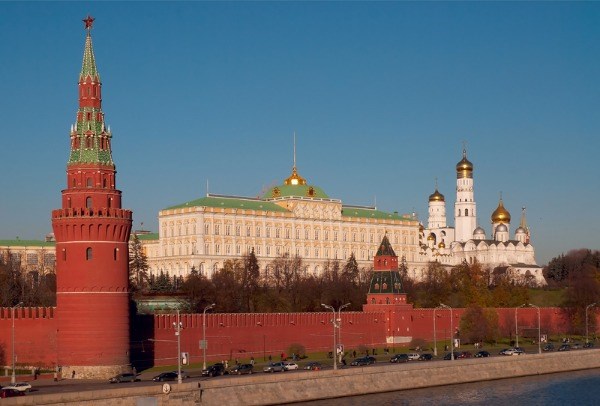Kremlin promises to respond to Britain's Magnitsky case sanctions
Russia will respond to Britain's sanctions in connection with the Magnitsky case, Kremlin spokesman Dmitry Peskov said at a briefing on Tuesday.
According to him, Moscow "can only regret" London's decision to list 25 Russians, including the head of the Russian Investigative Committee, Alexander Bastrykin, former Deputy Prosecutor General Viktor Grin, as well as employees of the Russian Interior Ministry, the Federal Penitentiary Service and the judiciary, who Britain considers responsible for human rights violations.
They will not be able to obtain visas to enter the United Kingdom, to do business in the country, including through intermediaries; their assets in the UK will be frozen.
"Of course, the principle of reciprocity and some retaliatory decisions will apply to the extent that it will correspond to the interests of the Russian Federation," Peskov said, commenting on the Kremlin's position.
New British sanctions will exacerbate the crisis in bilateral relations, a source in the Russian Foreign Ministry told Interfax.
He added that "response will inevitably follow" and "the experience of recent years does not teach colleagues in London anything."
"They are driving bilateral relations into an ever deeper crisis. They consciously make this choice, for some reason it seems to them right. But they are deeply mistaken. What they want to get from us, they will not get, and it will become even more difficult to fix the relationship," the diplomat said.
The British Foreign Office sanctioned 25 Russians, most of whom are already on the Magnitsky lists of different countries. In particular, Bastrykin was included in such lists in 2017 in the United States and Canada.
In the United States, the Magnitsky Act, named after Russian lawyer Sergei Magnitsky, who died in detention in 2009, was signed by former President Barack Obama in 2012. It allows sanctions to be imposed on those responsible for human rights violations.
In 2016, the U.S. Congress unanimously expanded the law to all countries around the world, giving the president the power to impose sanctions on those responsible for corruption and human rights abuses.
Russian President Vladimir Putin said in October 2017 that the Magnitsky Act was based on political games.
